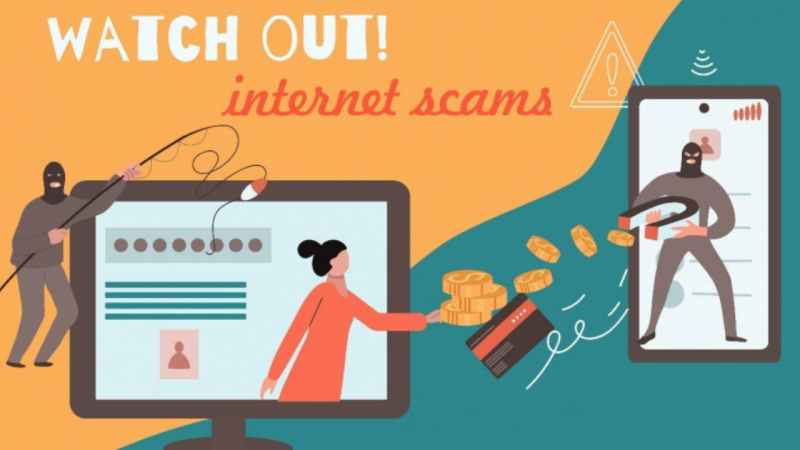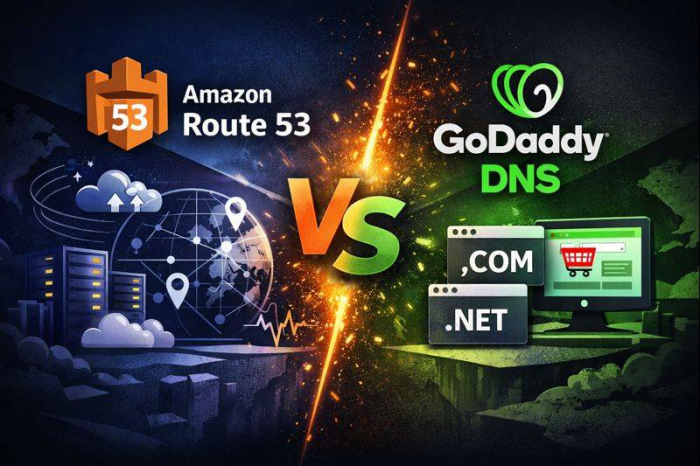In the competitive world of online gaming and sports betting, players are constantly on the lookout for the best bonuses and most lucrative deals. This demand has created a fertile ground for a new type of scam: fraudulent websites that masquerade as "official" or "partner" sites of well-known casinos and sportsbooks. These deceptive platforms use sophisticated branding and compelling offers to lure users, only to steal their personal information and money. For legitimate operators, this fraudulent activity erodes hard-earned customer trust and damages brand reputation. Combating this threat requires more than just vigilance from users; it demands robust affiliate marketing management to ensure that a brand is only being promoted by trusted, vetted partners.
These fake sites are a direct byproduct of a flawed or insufficiently controlled affiliate network. In the expansive iGaming ecosystem, affiliates are powerful drivers of traffic and player acquisition. However, when oversight is lax, unethical actors can slip through the cracks. They create mirror sites that look astonishingly genuine, often copying logos, terms, and even content from the real operator’s website. Their goal is simple: to appear so authentic that users confidently input their sensitive data, from email addresses to credit card details. Understanding how these scams work and how to identify them is your first line of defense.
How to Identify a Fake "Official" Site

The sophistication of these scams means that a casual glance is often not enough to detect a fake. However, by paying close attention to specific details, you can reliably spot the red flags that give these fraudulent operations away. The following checklist outlines the key warning signs you should look for before engaging with any promotional site.
Here are the critical signs to scrutinize:
- The URL and Domain Name. Scammers often use domains that are slight misspellings of the genuine brand's website (e.g., "beet365" instead of "bet365"). Look for hyphens, added words, or incorrect top-level domains like ".com.co" instead of ".com". A legitimate, official site will almost always have a clean, professional, and easy-to-remember URL.
- Poor Website Design and Content Quality. While some fakes are sophisticated, many have tell-tale signs of poor craftsmanship. Look for low-resolution images, awkward layouts, broken links, and spelling or grammatical errors throughout the text. As emphasized in iGaming content best practices, professional operators invest in high-quality, well-edited content to build trust; scammers often do not .
- Over-the-Top Bonus Offers. If a bonus offer seems too good to be true, it almost certainly is. Fake sites use outrageously high welcome bonuses or guaranteed wins as bait. Compare the offer with the one on the official website of the casino or sportsbook. Legitimate operators maintain competitive but realistic promotions.
- Request for Unusual Payment Methods or Excessive Data. Be wary of sites that push for payment methods that are difficult to trace or reverse, such as certain cryptocurrencies or wire transfers. Similarly, if a site asks for excessive personal information during the sign-up process that doesn't seem relevant, consider it a major red flag.
- Missing or Obscured Licensing Information. A legitimate iGaming operator will always be transparent about its licensing. Look for licensing information at the very bottom of the homepage, which should specify a regulatory body like the Malta Gaming Authority, the UK Gambling Commission, or others. Fake sites will either have no licensing info, or it will lead to a fake or blank page.
Mastering these identification techniques empowers you to navigate the online gaming landscape safely. This knowledge is your primary shield, turning you from a potential victim into an informed and vigilant user. It forces scammers to work harder and makes their deceptive practices less effective, protecting not only yourself but the community at large.
The Role of Professional Affiliate Management in Prevention
While user education is crucial, the ultimate responsibility for preventing these scams lies with the iGaming operators themselves. This is where professional affiliate marketing management becomes the cornerstone of brand safety and user protection. A disciplined affiliate program acts as a quality control filter, ensuring that only reputable and compliant partners are permitted to represent the brand. This involves a rigorous vetting process for all new affiliates, continuous monitoring of their promotional activities, and the use of advanced tracking technology to spot anomalous traffic patterns that might indicate fraudulent behavior. In an industry where regulators are increasingly focusing on player protection, demonstrating control over your marketing partners is not just good practice—it's a business imperative .
Protecting Yourself as a User
Staying safe online requires a proactive mindset. Always make it a habit to navigate directly to the official website of your chosen casino or sportsbook instead of clicking on promotional links in emails or on forum posts. Before signing up or depositing funds on any new platform, take a few minutes to conduct independent research. Search for player reviews and feedback on trusted forums to see if others have had positive or negative experiences. Furthermore, ensure that any website you use has clear and accessible responsible gaming policies and professional customer support channels. These elements are hallmarks of a legitimate operation committed to player safety. Your security is paramount, and taking these extra steps is a small price to pay for peace of mind.
The prevalence of fake "official" sites is a significant challenge, but it is not insurmountable. By combining informed user vigilance with the industry-wide implementation of strict affiliate marketing management, the iGaming ecosystem can become a safer space for everyone. Legitimate operators must take the lead by policing their affiliate networks with zero tolerance for deception. As a user, your power lies in your ability to recognize the red flags and walk away from offers that feel suspicious. Together, these efforts can protect the integrity of online gaming and ensure that only trustworthy brands thrive.
Post Comment
Be the first to post comment!





